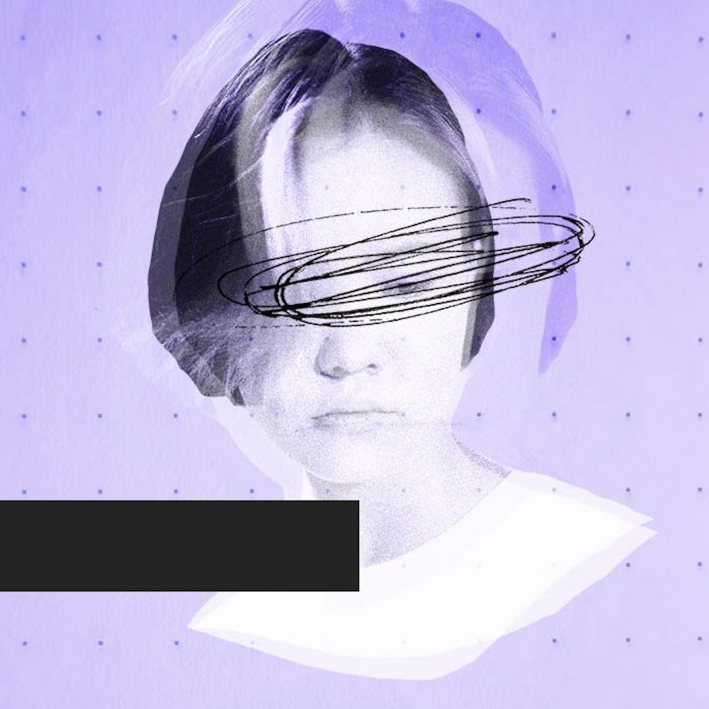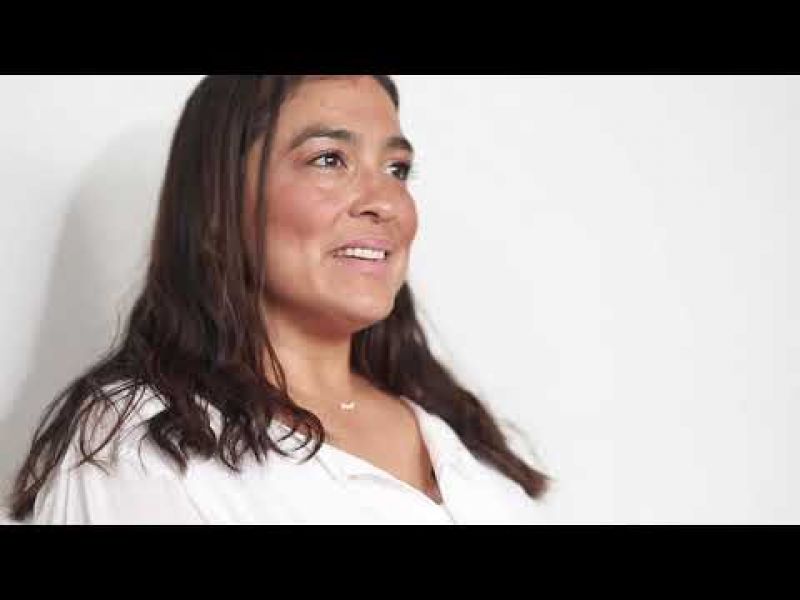Finding Pain and Healing from Advocacy
Sometimes, the best thing we can do is take care of our own mental health.
Written by Taylor Hawthorne

01 Taylor has struggled with depression since she was eight years old.
02 In high school, she became involved in mental health advocacy. But while she enjoyed helping others, she realized she was neglecting her own mental health.
03 After a hospitalization, she began to confront her struggles and learned the importance of taking care of herself — especially as an advocate.
TW: Suicidality
When I started experiencing symptoms of mental illness at eight years old, I was too young to comprehend what I was feeling, or why I was feeling that way. I battled a lot of problems that were simply genetic, along with living through events that were too traumatic to process.
Mental health was always something I avoided talking about as a child. Oftentimes, I couldn’t understand how others could be so happy, as it was such a struggle for me to even get out of bed every morning. I didn't think that this struggle was a real problem — I simply viewed it as unfair and ran off to the imaginary world in my head, where I felt I could be happy. I was often described as a daydreamer, and some people found it cute and innocent. But deep down, I knew it was a way for me to escape the dark place my mind had fallen into.

Let's Talk About... Depression
High school came along, and I lived through some of the worst moments of my life. My brain began to spiral and manifested into physical symptoms, such as lethargy, constant nausea, and disordered eating. I chose to ignore it in hopes that if I didn’t acknowledge the existence of these symptoms, they would simply disappear.
It wasn’t until a friend of mine lost her own battle that I began to face the problem I’d been avoiding, and realized how prevalent it was in my school community as well. I decided to start a club to teach people different mindfulness skills and help them feel less alone.
In a way, helping others was a coping strategy that made me feel less alone. As the oldest child in the family, and someone my siblings always relied on for help, I began to channel that behavior into all my relationships. I am often described as the “big sister” in the friend group — the one who’s always there. I spent most of my high school years advocating for mental health and helping others learn what resources are available to them if they’re struggling.
However, my coping strategy eventually backfired on me. I found I was projecting my problems onto others because I couldn't admit that I needed help, too. I painted myself as someone perfect, who had it all together and did all the right things.
I began to withdraw from those around me, and knew that I was heading toward a bad place. All I wanted to do was sleep the day away in hopes that the sleep could become permanent, and I wouldn’t have to wake up every morning feeling too low to talk to anyone. Truthfully, I was distancing myself in an attempt to lessen the pain of those closest to me in case I were to lose my fight.
Eventually, there came a day where I felt I could no longer handle the pain. I wanted to take it upon myself to escape what I was going through once and for all.
In the hospital following these terrible thoughts, was the first time in a while that I didn't have anything to do. I was forced to sit and be bored. I realized that being alone with my thoughts was one of the things I feared most. I didn't like a lot of my thoughts and, in a way, I resented myself. I hated that I wanted to be perfect all the time, and I felt it was slowly chipping away at the essence of who I am.
I didn't realize it then, but taking that quiet time for my mind to be bored was what I needed most. I had to acknowledge I was having a hard time in order to get through it.

I know my battle isn’t over, and hard times are inevitable, but now I know I’m not as alone as I thought I was. I share my story to remind you that you too, are stronger than you realize. A few months ago, I would have never thought I’d be able to go back to the room where I attempted to end my life and gain closure from my experience — I didn’t believe I’d ever have the strength to do so.
This story, as challenging as it was, is something I can share with pride because of the strength I gained from it. It has also become my greatest tool in advocating for the elimination of stigma in our society, one story at a time.
Just because someone chooses to advocate for the wellbeing of others, doesn’t mean they themselves don’t struggle. Advocacy should acknowledge that anyone can have bad days, and we should all be there for each other through those hard moments.
<>
If you live in the U.S., text MADE to 741471 for free, 24/7 crisis support. In Canada, text 686868 & in the UK, text 85258.
Support our work
We’re on a mission to change how the world perceives mental health.



















